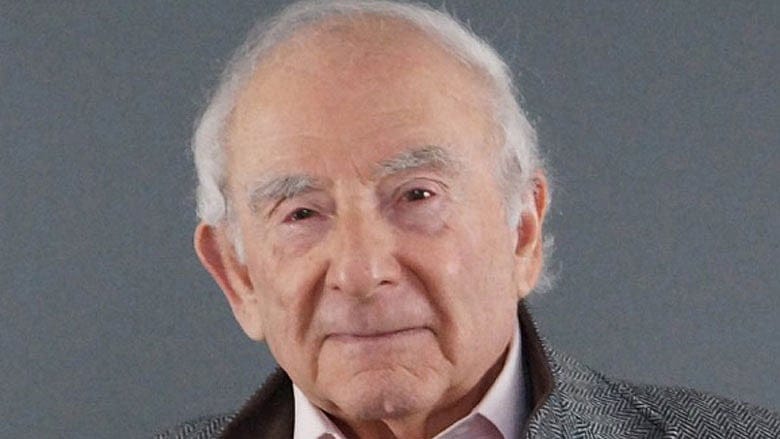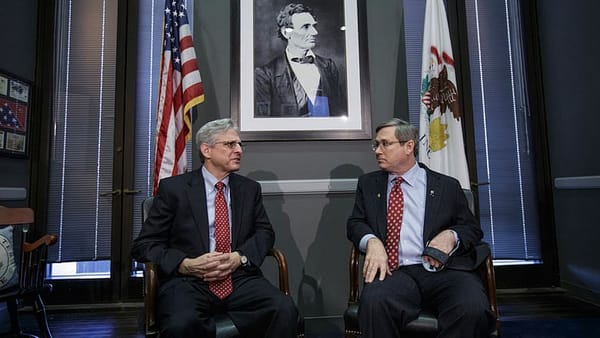Leon Cooper: Nobel Prize-winning physicist with a side of neuroscience

Leon Cooper is a Nobel Prize-winning physicist at Brown University and the director of its Institute for Brain and Neural Systems. Depending on whether you ask a physicist or a neuroscientist, you'll get very different answers on why Cooper is famous. The former will argue it is because of his indispensable contribution to our understanding of matter; the latter, for his model of the way neurons work. So who is this great scientist, and how did he earn renown in such disparate fields?
Cooper embodies what one would hope a Nobel Laureate to be; wise and giving, pondering deep questions, walking the hallways in a tweed suit with the smell of excellent coffee wafting from his office. He carries himself with the quiet dignity and reserve of a bygone era, and is known for his perennial friendliness toward students and colleagues alike.

